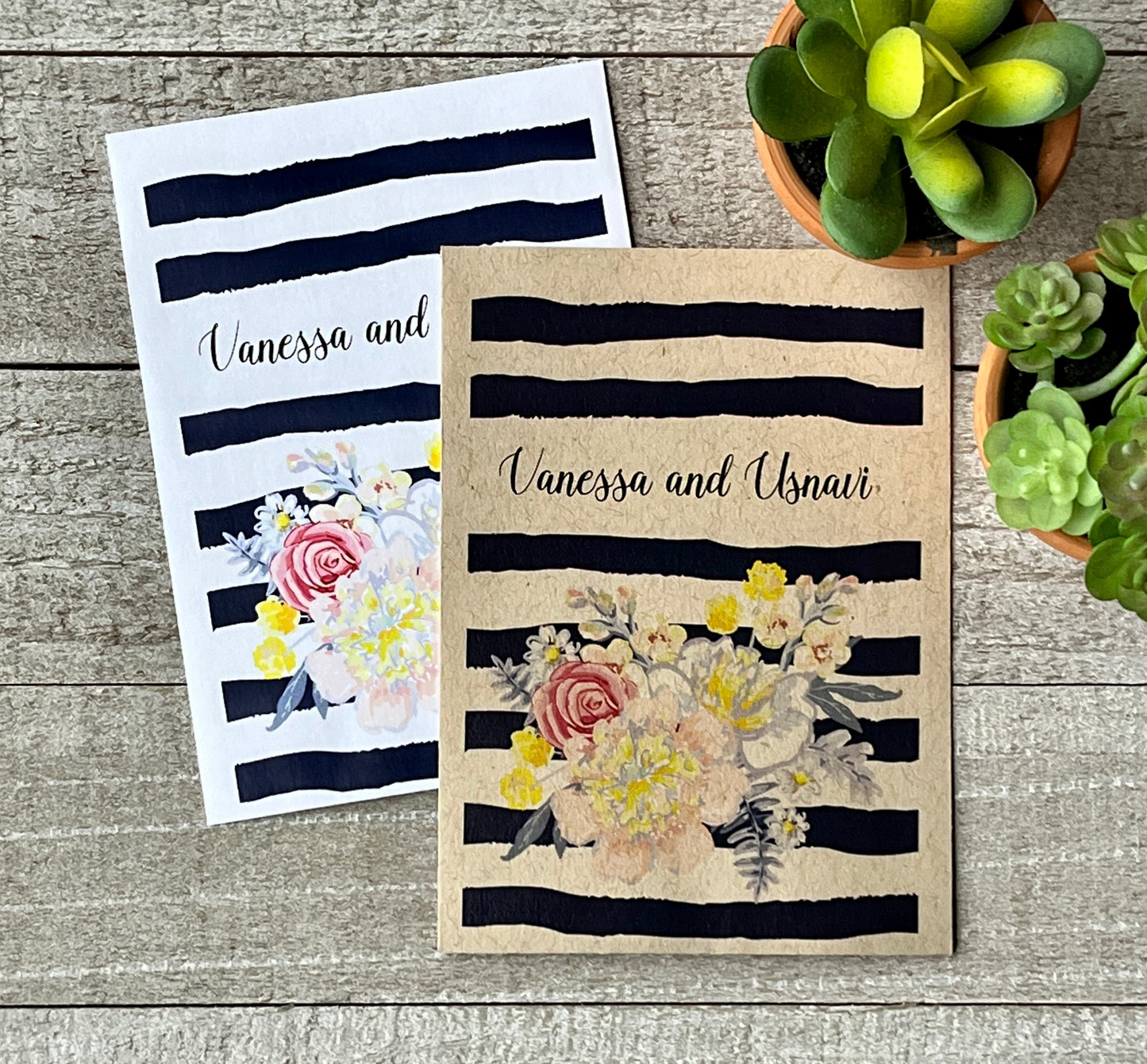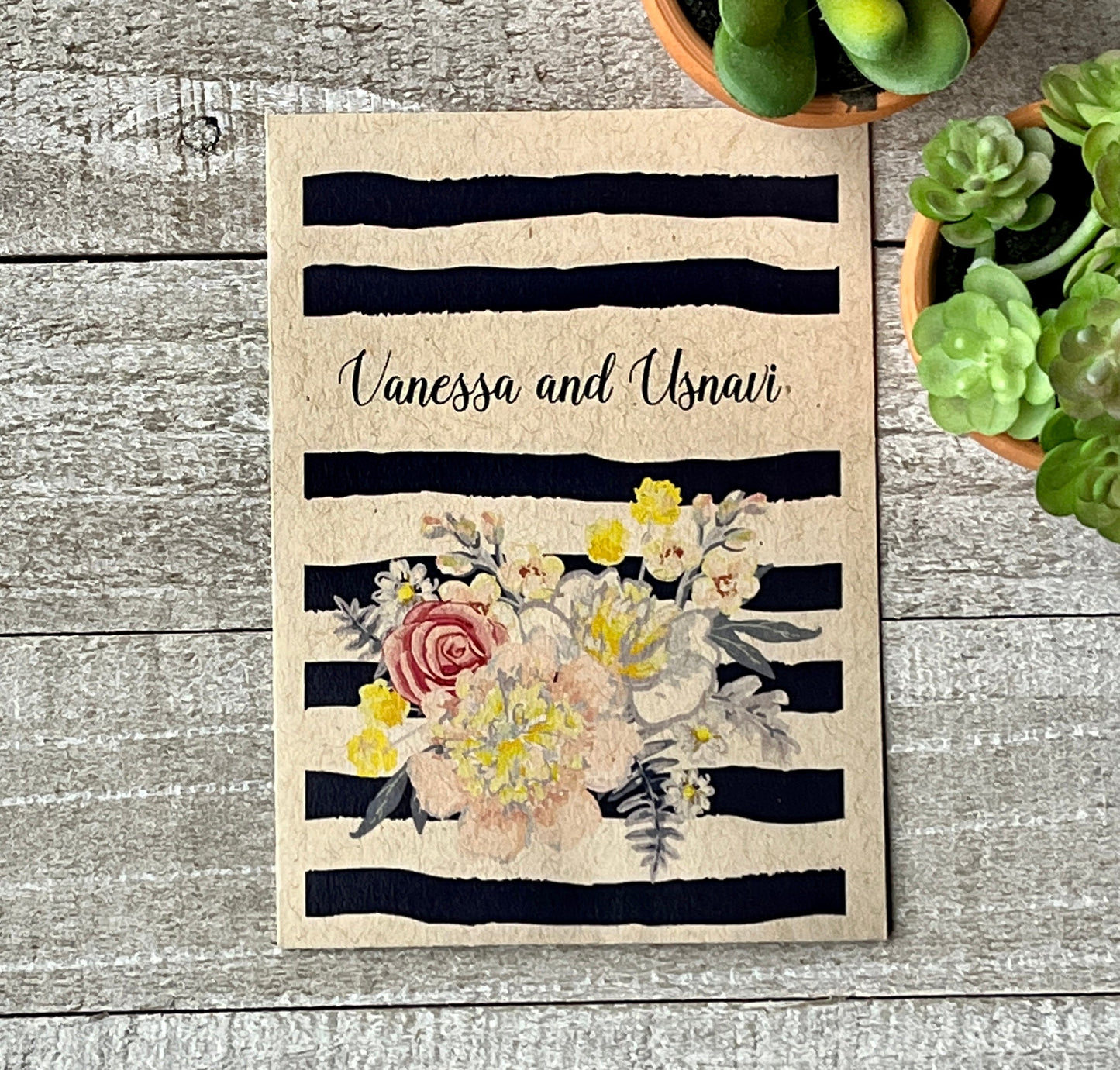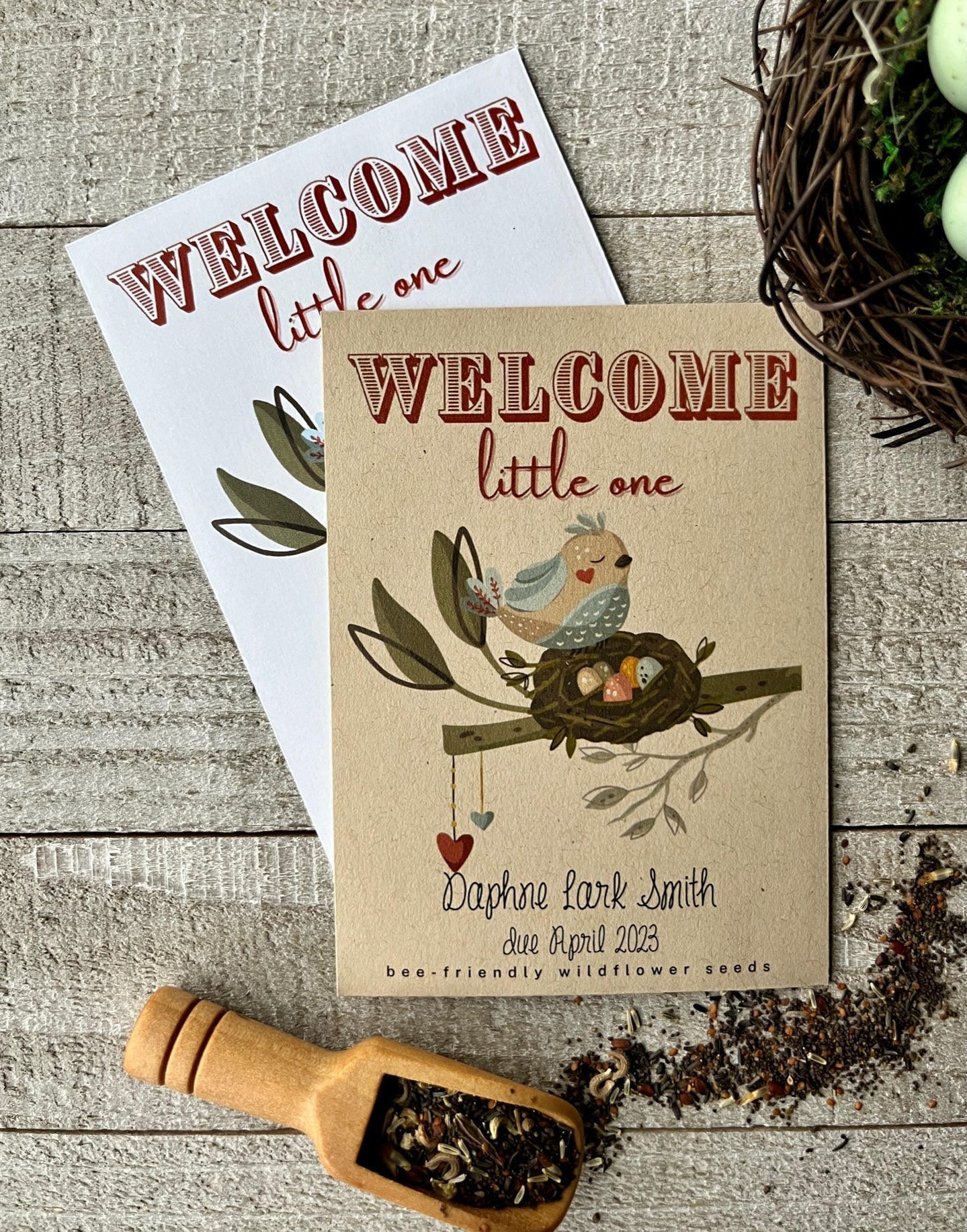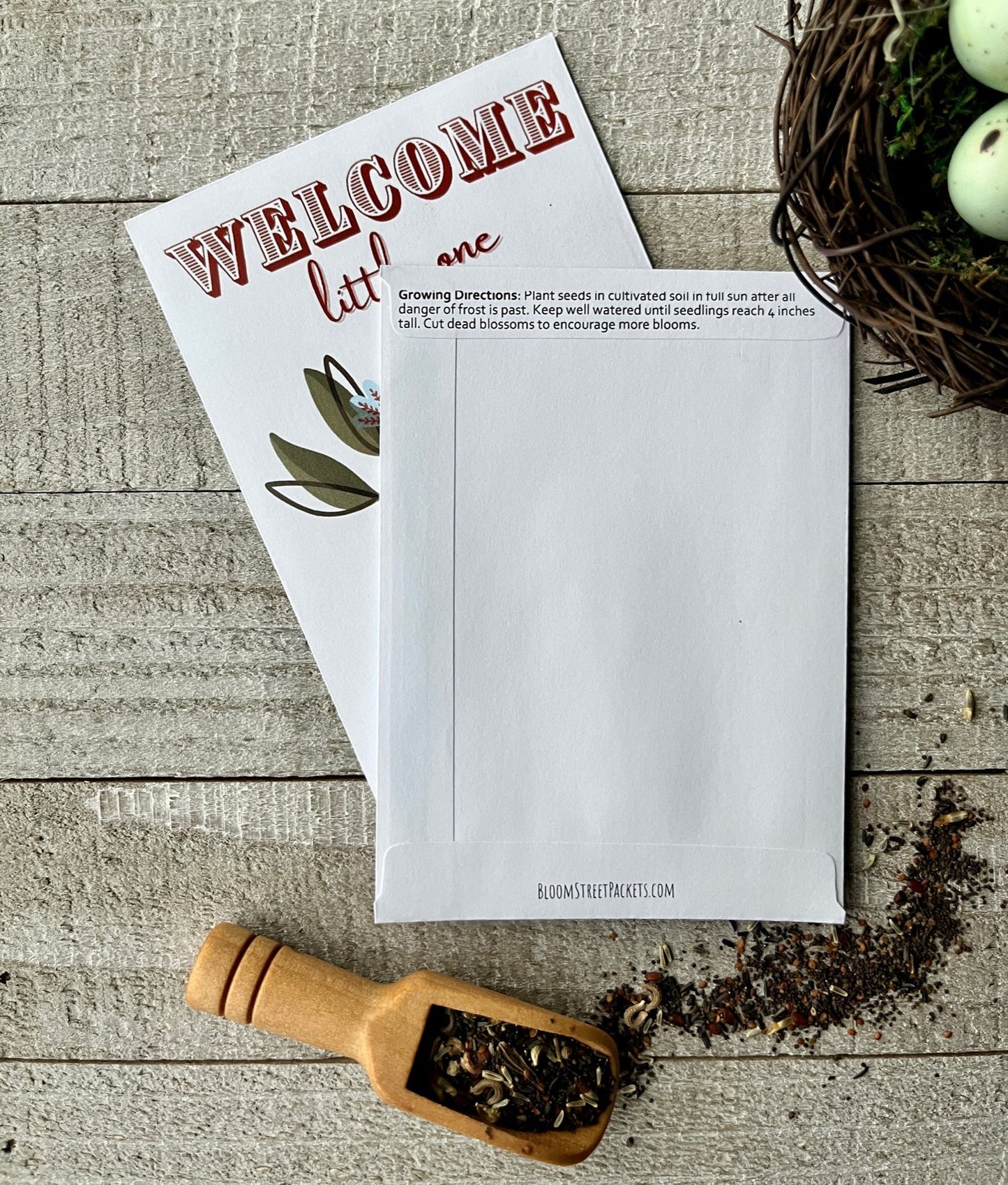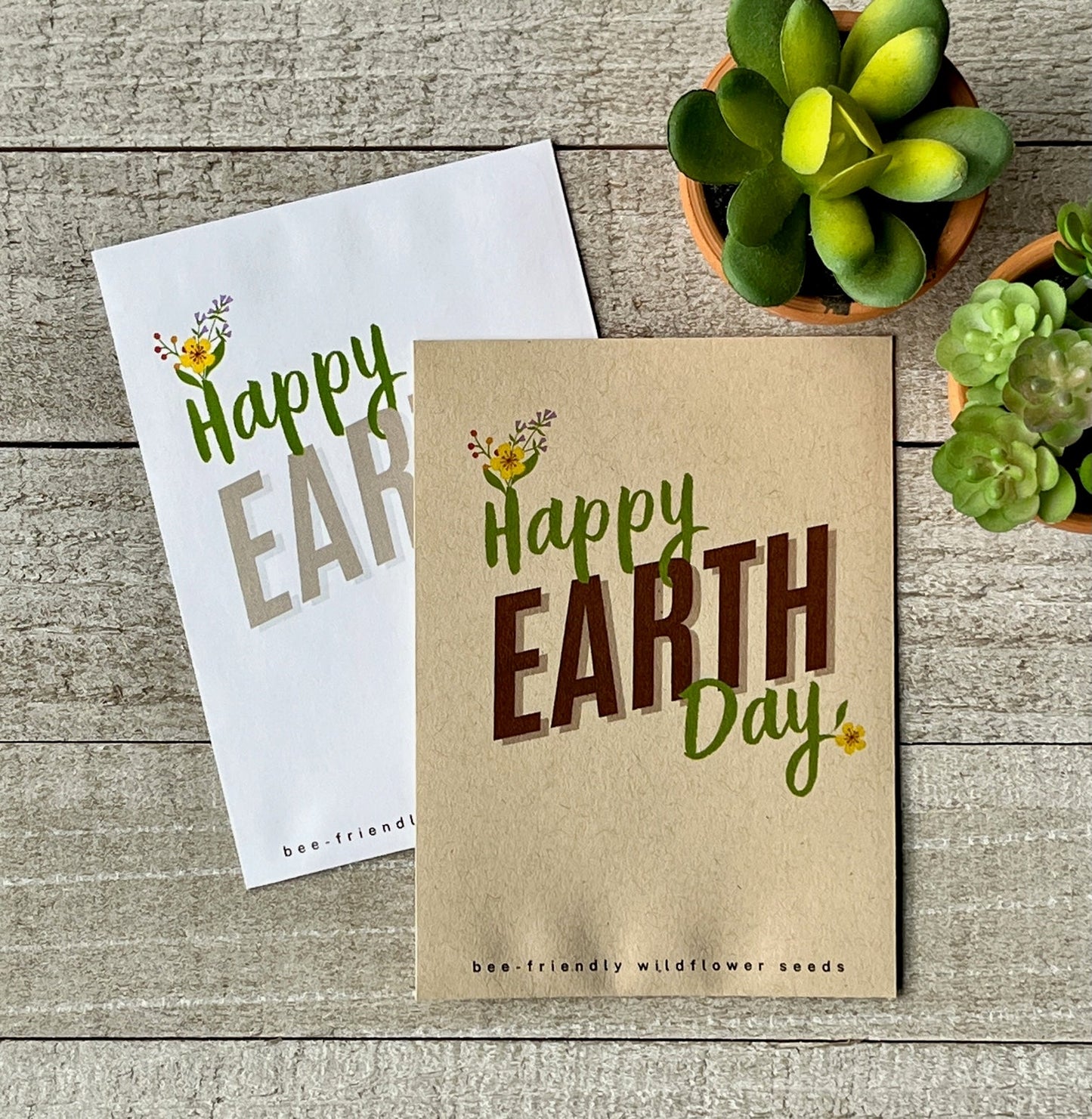Buy your weekday smoothies and get your weekend ones for free. (7 for the price of 5!)

Are you new to gardening and feeling overwhelmed by all the options and decisions you need to make? Don't worry, you're not alone! Garden planning can seem like a daunting task, but with a little bit of guidance and a few key pieces of information, you'll be on your way to creating a beautiful and bountiful garden in no time.
Before you start buying seeds and digging in the dirt, it's important to take a step back and think about what you want to achieve with your garden. Do you want to grow your own vegetables for a summer harvest? Are you looking to create a flower garden for visual appeal? Or perhaps you're interested in a little bit of both. Once you have a general idea of what you want your garden to look like, you can start to think about the specific plants and seeds you'll need to make it happen.
One of the first things to consider when planning your garden is the location. Where is the best spot in your yard to grow your plants? Factors such as sunlight, soil quality, and water access will all play a role in determining where to place your garden. You'll want to choose a spot that gets at least 6-8 hours of sunlight per day and has well-draining soil. If you're not sure about the quality of your soil, it's a good idea to get it tested to see what nutrients it may be lacking.
Next, you'll need to consider the size of your garden. How much space do you have to work with? If you're working with a small area, you'll want to choose plants that are well-suited for container gardening. If you have a larger space, you can afford to be a little more ambitious with your plant choices.
Another important aspect of garden planning is timing. When is the best time to plant your seeds or seedlings? This will vary depending on where you live and the specific plants you're working with. As a general rule of thumb, it's best to wait until the threat of frost has passed before planting. You can check the frost dates for your area to get a better idea of when it's safe to plant.
Finally, don't be afraid to ask for help! Whether it's talking to a local nursery or consulting with a gardening expert, there are plenty of resources available to help you plan and care for your garden. With a little bit of planning and some basic knowledge, you'll be well on your way to creating a beautiful and bountiful garden that you can be proud of.


























